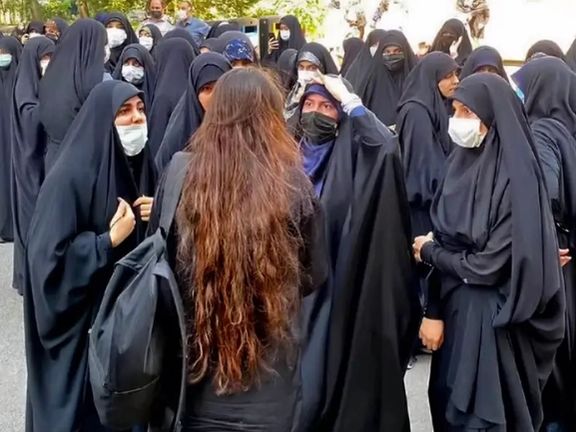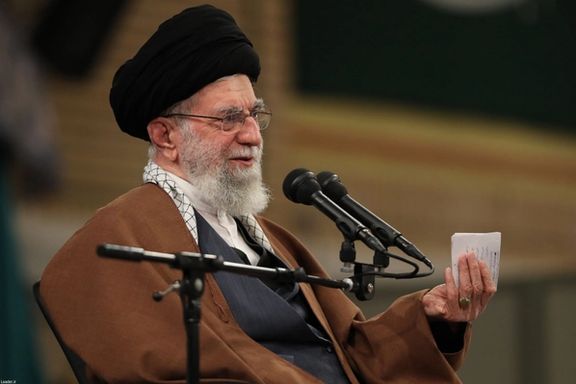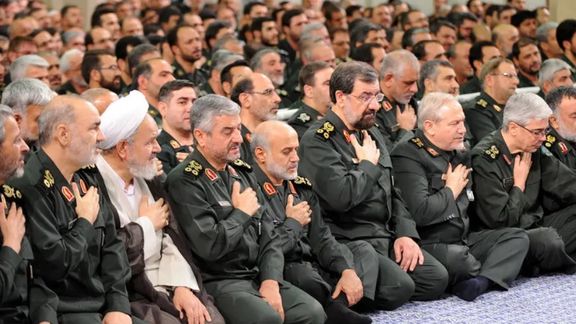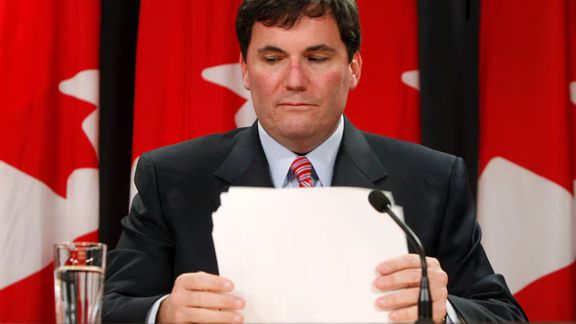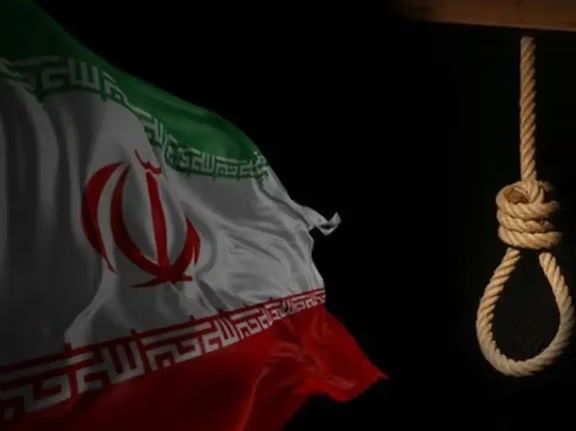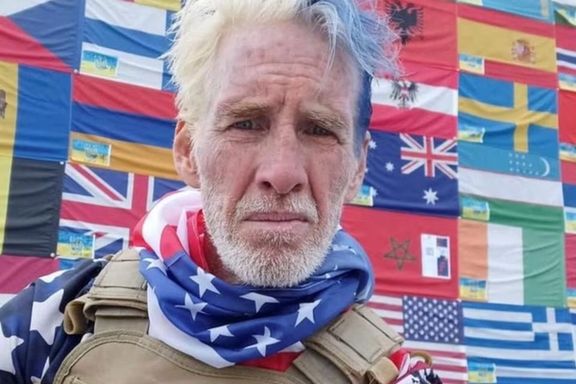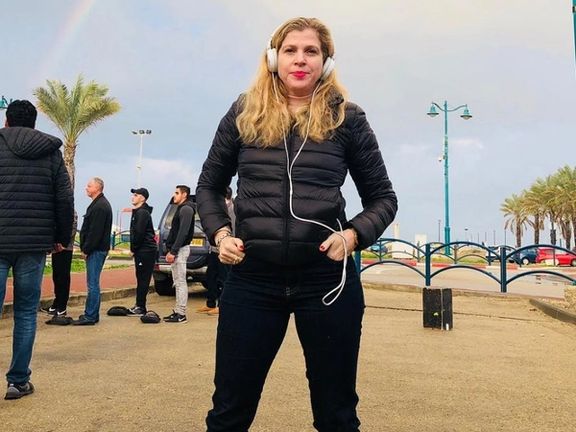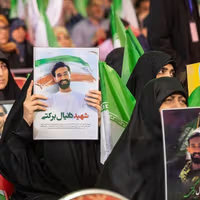The statement comes as Iran continues its crackdown on dissent, while global pressure mounts on Tehran to end its repression of civil society.
Two years after Mahsa Amini's death in custody, which sparked the nationwide Woman, Life, Freedom protests, the Iranian government continues to face international criticism for its human rights abuses.
In a joint statement, the foreign ministers of the United States, United Kingdom, Canada, Australia, and New Zealand condemned Iran's violent suppression of women and girls and urged Tehran to halt its use of force to enforce mandatory hijab laws.
"We stand with women and girls in Iran, and Iranian human rights defenders, across all segments of society in their ongoing daily fight for human rights and fundamental freedoms," the ministers declared, emphasizing their ongoing commitment to holding Iranian officials accountable through sanctions and visa restrictions.
Despite international outcry, the so-called Noor plan, which enforces mandatory hijab laws across the country is still on the streets. The plan, which has led to arrest of women protesting for their rights, was criticized during Pezeshkian's presidential campaign. Yet, under his leadership, the measures continue unabated.
The UN Fact-Finding Mission’s March report on the Mahsa movement labeled Iran's repression of protests and discrimination against women as crimes against humanity. The UN has also recently branded it "gender apartheid".
"These acts form part of a widespread and systematic attack directed against the civilian population in Iran, namely against women, girls, boys, and men who have demanded freedom, equality, dignity, and accountability," said Sara Hossain, the chair of the mission.
As Iran continues its crackdown, with reports of extrajudicial killings, torture, and gender-based persecution, the international community has called for more decisive action. The United States Commission on International Religious Freedom (USCIRF) Vice Chair Eric Ueland urged the US government to support efforts to hold Iranian officials accountable, including a Security Council referral to the International Criminal Court for crimes against humanity.
“We urge the Biden administration to continue supporting the United Nations Independent International Fact-Finding Mission on Iran and to support a Security Council referral of the situation in Iran to the International Criminal Court for investigation of crimes against humanity against those asserting freedom of religion or belief.”
“The time is long overdue for Iranian regime officials who repress those seeking freedom of religion or belief to face accountability,” said USCIRF Commissioner Susie Gelman. “The Biden administration should unify a coalition of like-minded countries to impose joint sanctions on Iranian regime officials complicit in restrictions on religious freedom in Iran.”
Iran’s leaders, under the grip of Supreme Leader Ali Khamenei, remain defiant. Pezeshkian's earlier critiques of the harsh policies ring hollow as his government continues to implement such measures.
Western governments have responded with continued sanctions but to no avail as Iran finds ways to bypass them. US lawmakers have also criticized the Biden administration for its failure to fully enforce the MAHSA Act, which mandates sanctions on Iranian officials involved in human rights abuses.
"Two years after the murder of Mahsa Amini, women in Iran still face an oppressive regime every day," said US Senator Jim Banks, highlighting the administration's failure to impose sanctions on Iran’s Supreme Leader.
US Senate Foreign Relations Committee Ranking Member Senator Jim Risch has criticized the Biden admin for its failure to enforce the MAHSA Act sanctions even though the act was passed in April.
"Two years after the murder of Mahsa Amini, women in Iran still face an oppressive regime every day. Congress passed the MAHSA Act in April, but the Biden-Harris Admin still hasn’t enforced its sanctions. We must deny the regime the resources it uses for oppression and terrorism," he said.
The global support for Iranian women and human rights defenders remains strong. The French Ministry of Foreign Affairs, in a statement marking the anniversary, reaffirmed Paris' commitment to standing with Iranian women in their fight for freedom.
UN Special Rapporteur on Human Rights in Iran, Mai Sato echoed the support, noting that “despite Tehran's efforts to silence women, their defiance remains unwavering.”
